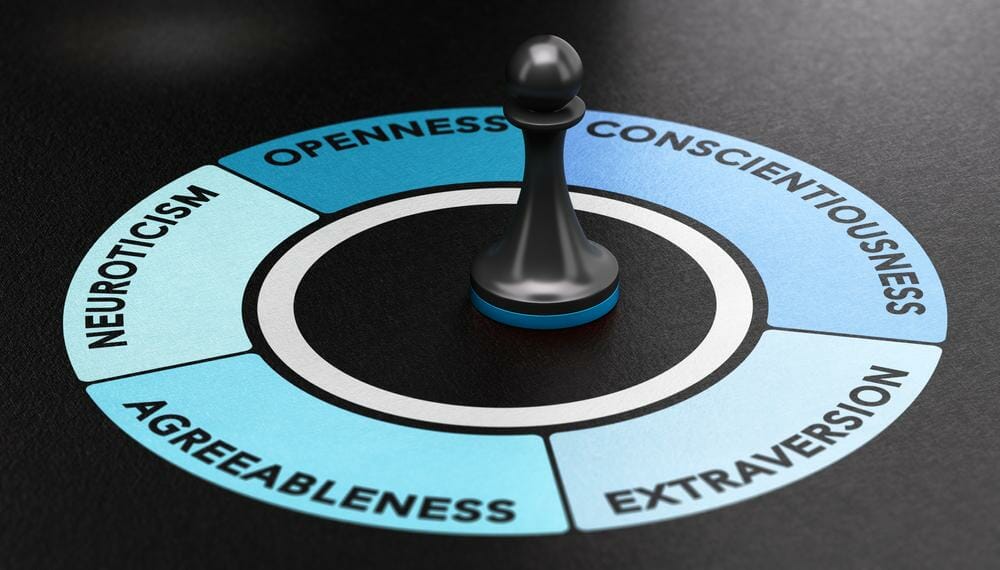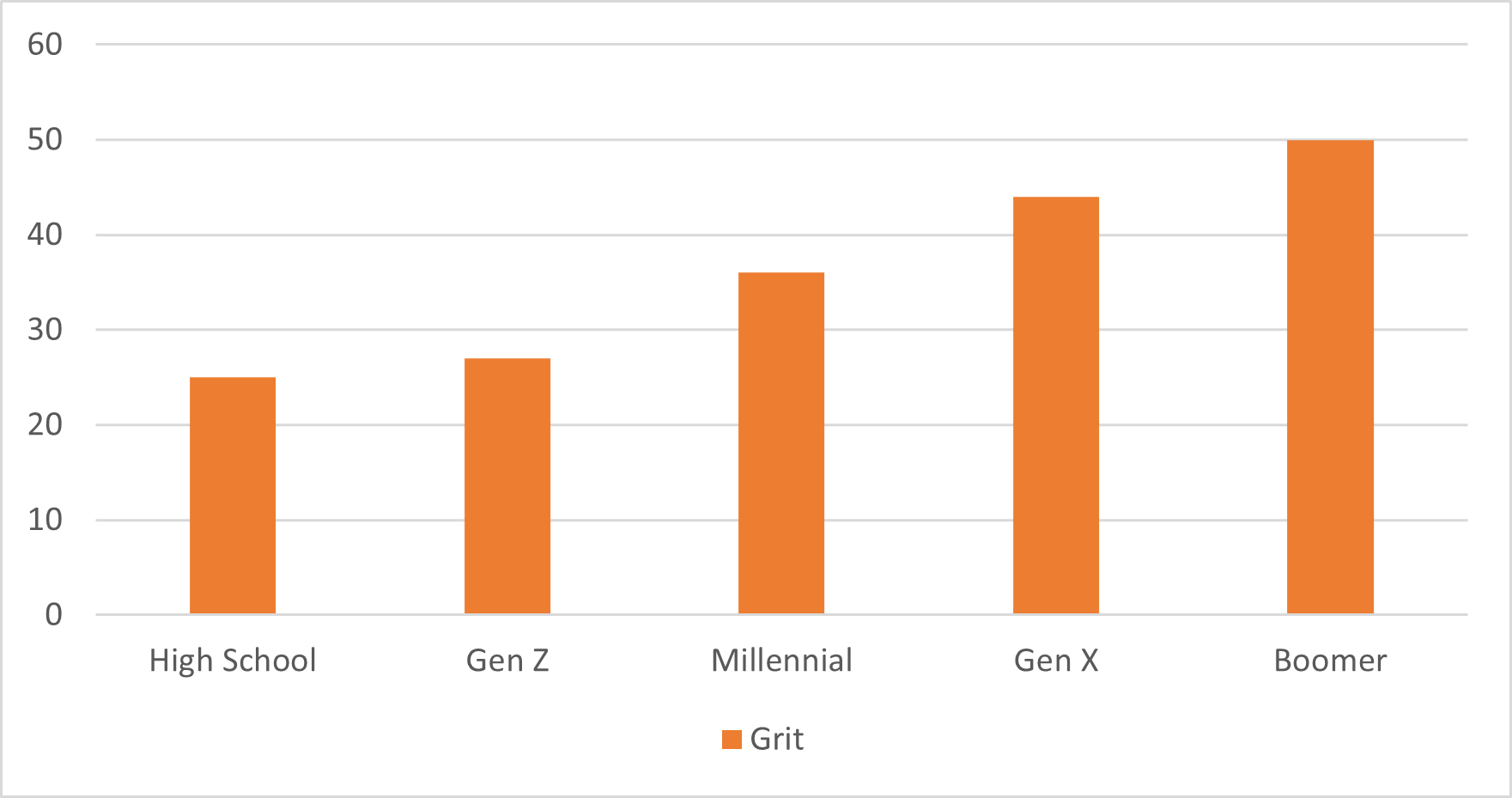
Have you ever wondered why employers would sometimes turn down candidates that are highly qualified and the perfect candidate on paper? Well, a lot of it has to do with the Big 5 personality traits.
But - what are the Innate Assessment / Big 5 personality traits?
You need to know what they are and how they impact your fit for a particular type of work so that you can make better informed decisions about what types of jobs are best for you. They include openness, conscientiousness, agreeableness, emotional stability, and extroversion. They are evaluated in terms of a scale. Every person has a profile that shows where they fall on the scale for each of these attributes. The magic lies in figuring out your best career fit comes when you look at your core traits in comparison with other people’s core traits who are happy and fulfilled in those types of careers. The Big 5 personality test literally helps you find your people – the people whose personality traits are most similar to yours.
Let’s get started.
1: Openness
Openness gauges how open you are to doing and experiencing new things. This trait shows up in terms of imagination and insight and people who are high in this trait are ‘creative’ and tend to be innovative and adventurous. People who are low in this trait are ‘practical’ and tend to be more traditional and concrete in their thinking.
The more open a person is means they are more likely to think about abstract concepts and enjoy experimenting with new ideas. They love a challenge! People who are less open like routine and are not as comfortable with change.
This is important to understand because some types of professions require high levels of openness while others do not. When you understand where you fall on the scale, you’ll know whether or not you’d be comfortable in a particular work environment.
2: Conscientiousness
This has to do with being organized and mindful of details such as deadlines. People who score high on the conscientiousness scale are ‘diligent’, showing good impulse control, a high degree of thoughtfulness and are characterized by goal-driven behaviors. They like having a set schedule.
If you are more of a procrastinator or enjoy less structure in your life, you would fall on the lower end of the conscientiousness scale as ‘flexible’.

3: Agreeableness
The personality trait of agreeableness shows itself in prosocial behaviors. These are behaviors that help other people and show as a high degree of empathy and concern for the feelings and welfare of others. Known as ‘adaptive’, this manifests itself in satisfaction in cooperating with and sharing with others.
On the other end of the scale known as ‘competitive’ are people who are more competitive with others. Competitiveness can be a boon for those who work in competitive fields and who are energized by finding solutions faster or better than others who may be in the same field. This could also work in a field like sales, where competitions are used to motivate employees to be more and do more than they previously could.
4: Stress Tolerance Trait
The stress tolerance trait basically shows us just how well a specific individual handles stress in their life. People who score high on this trait (‘reactive’) experience more stress than people who are low in this trait (‘resilient'). This is important to know about yourself when considering jobs that are highly stressful and wondering how you would feel if you worked in a high-pressure situation every day.
For example, the test pilots who were chosen to be astronauts were extremely low in this trait as was demonstrated by their pulse rates which rarely rose above 60 beats per minute, even when they were in extremely high-stress and dangerous situations.
Not everybody needs nerves of steel in their line of work, but understanding how anxiety and stress impact you and your body, is a really helpful indicator for you to be aware of when thinking about where you would be happiest working.

5: Extraversion
Do you love being the center of attention? The life of the party? Or are you more comfortable in a quiet corner reading a book, or just taking a walk by yourself?
Extraversion is the personality trait that measures your talkativeness, sociability, assertiveness, and emotional expressiveness. People who are high in this trait are ‘relational’ and gain energy from being around other people. Interaction with others helps them feel energized and excited.
People who are lower in this trait are ‘reserved’ and more likely to avoid social situations where they feel uncomfortable such as going to a networking event where they don’t know anyone. People who are more introverted prefer having quiet time to recharge their energies instead.
Applying the Big 5 Personality Traits to Your Job Search
So now that you understand the Innate Assessment / Big 5 Personality Traits, you may be asking yourself how exactly do you apply this to your job search? How does this help you know if a career would be a good fit nor not a good fit for you?
Fortunately, we’ve already figured that out for you. We’ve worked with psychologists and guidance counselors to develop a Career Match Quiz that shows how you rank on these traits and then matches you to specific jobs that would be a good fit for your unique personality profile.
We also have other quizzes on our site based on this methodology. So whether you’re trying to figure out the best career path, what you should major in, or if you’d be a good fit for a remote work position, you can learn more by exploring our website.


